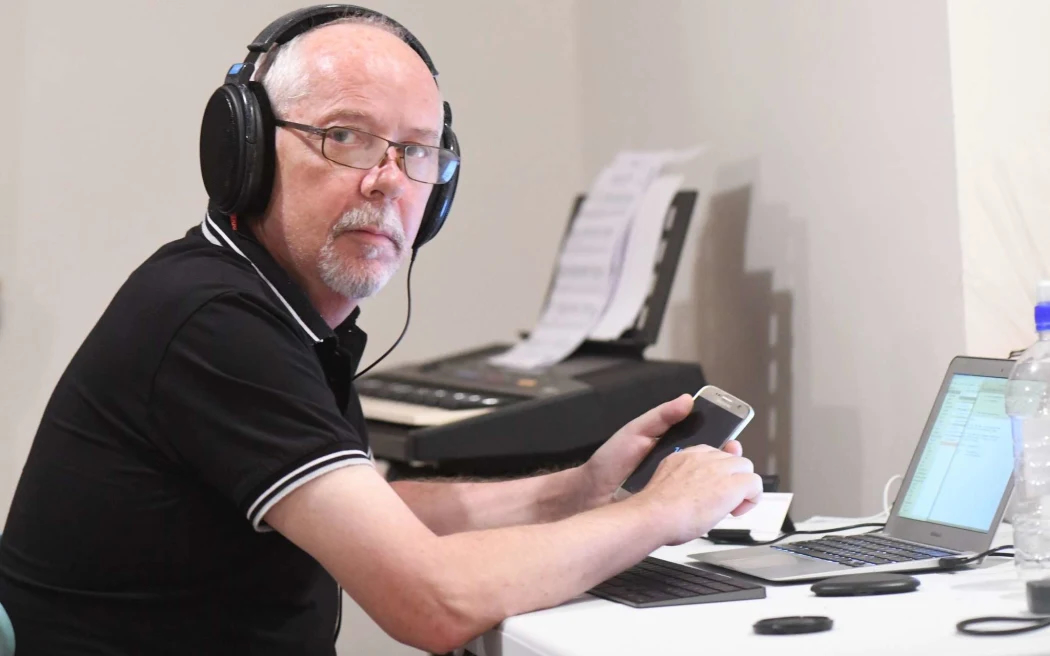By Dan McGarry, Media Editor, Vanuatu Daily Post
Read the original publication here
The Daily Post first reported the details of the Labour (Work Permits) Act only after it was passed in Parliament. This was the first chance for the public to see what was in it.
It would have been better to say what we have to say before anything was tabled in Parliament. But what’s done is done.
We are reluctantly forced to conclude that the Act as recently amended is bad law. It simply can’t achieve what it was designed to achieve.
This isn’t a partisan or political issue. It’s not passing judgment on Internal Affairs Minister Andrew Napuat or his colleagues in the Council of Ministers.
It’s a simple matter of mathematics.
In a population of less than 300,000 people, there just aren’t enough skilled workers to fill all the skilled employment positions a country requires. That’s a statistical fact.
Nobody questions the need to improve employment opportunities for Ni Vanuatu. No employer wants to spend hundreds of thousands more to employ someone from overseas when they can hire someone locally to do the same job.
So let’s all agree that everyone wants to hire as many Ni Vanuatu as possible. The question, then is: how?
Putting a cap on work permit extensions won’t help.
If the problem is too many Chinese occupying general labour positions, then the answer is simple. The Council of Ministers should stop giving exemptions to CCECC and others that allow them to bring in 1 Chinese labourer for every 5 labour positions. These exemptions are routinely offered to government contractors. It’s not covered in the Work Permits Act. So no legislative change is needed.
If the problem is not enough skilled Ni Vanuatu in top positions, then Education and Training can play a role here. The number of trained and qualified Ni Vanuatu who do not have jobs is tiny. (It’s larger in the islands, and that’s a legitimate problem that should be addressed.) All of us can do more to invest in skilling up our staff.
But in a country this size, it’s just not possible to fill every position locally.
For example: The global average for doctors is 1.5 per 1,000 people. That means that we need about 400 doctors if we want to meet that standard. But let’s be modest, and cut that number in half. Do we really have the ability to educate and train 200 doctors? Cut that number in half again. Are we any closer to achieving this?
Of course not.
The same questions apply for lawyers, accountants, engineers, pilots, certified technicians… any position where safety, integrity or certification are involved. As things stand now, we do not have the capacity to deliver enough qualified Ni Vanuatu to fill the posts.
The kind of skills required for these positions cannot be learned on the job. No training plan can make someone a chartered accountant, a lawyer, or a doctor.
Then there’s a broader range of jobs where experience and wisdom gained over time are required. The necessary skills can be learned on the job. In fact, many of these skills can only be learned by doing. But four years is not necessarily enough time to learn them.
The idea that every single employment position can be localised in four years is just incorrect. They can’t. And the problem is, the jobs that are least able to be localised are often the most needed. Many other jobs rely on them.
Other nations welcome skilled workers. They understand that these people enrich the country, and make it capable of greater things. They encourage such people to make their home there. We should too.
Happily, there’s a simple way out of this. We amend the Act to say that exceptions are allowed, when approved by the oversight committee already mandated to oversee the process. And make sure that the Chamber of Commerce has a seat at the table to ensure that the private sector’s views are taken on board.
It’s not a perfect solution, but it’s a compromise that can give us enough time to find a better way.
It’s easy to get worked up when defending or attacking someone’s plan. There’s no need for that here. We all want the same thing: Maximum employment for Ni Vanuatu, and better workplaces for everyone.
Let’s keep that in mind as we move forward.





